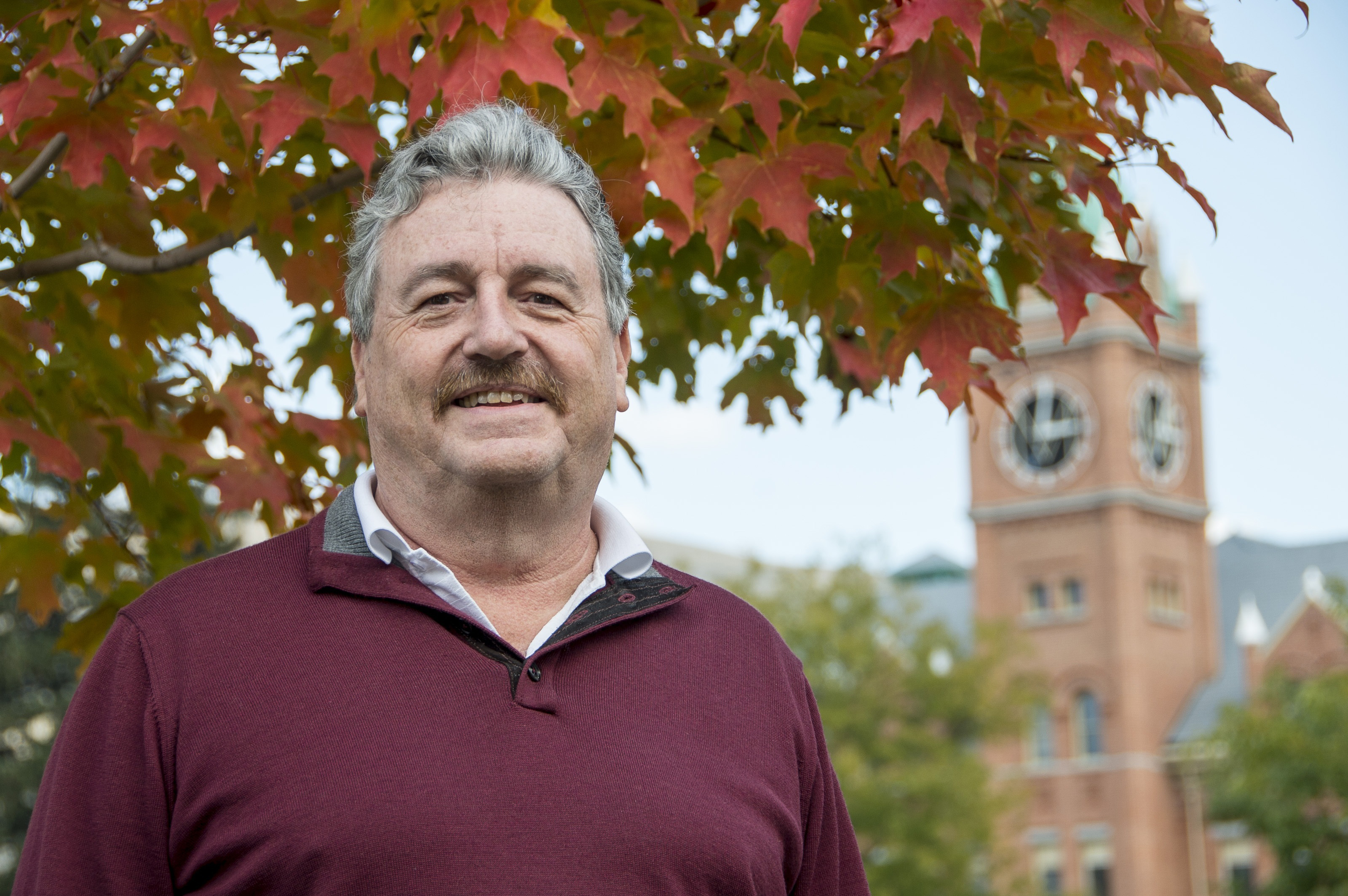Research at the University of Montana
 RESEARCH AT THE UNIVERSITY OF MONTANA
RESEARCH AT THE UNIVERSITY OF MONTANA
Growing at a record pace and providing opportunities for undergraduate as well as graduate students
By Mark Spero
The Office of Research and Creative Scholarship (ORCS) at the University of Montana is one of the largest employers in southwest Montana, but its work across disciplines and behind the scenes is sometimes missed by anyone not working directly with this office. ORCS, along with the Office of Sponsored Programs, helps faculty in managing awards, applying for grants, ensuring research compliance, and building businesses for new technologies. Since 2013, ORCS has been headed by Scott Whittenburg, who has overseen a huge growth in research across the university. He was previously the Vice President for Research and Economic Development at the University of New Orleans, as well as a chemistry professor and researcher. Over the past few years, Dr. Whittenburg and ORCS have helped external funding for research at UM jump 30-40 percent over previous highs. UM is currently the sixth fastest growing research university in the country for those schools doing at least $100M in research expenditures annually.
Owing to this, and quality of the projects, the University has achieved lofty status – the gold standard of research – R1 as awarded by the Carnegie Research Classification. This is the highest ranking an institution can hope for.
Many students at the University of Montana are interested in turning their research into commercial ventures, and ORCS has worked to support students, faculty and alumni through programs like the Blackstone Launchpad, MonTEC, and Accelerate Montana. Dr. Whittenburg observed that “When we started the Blackstone Launchpad our motto was ‘Don’t graduate and work for a company, graduate and start a company.’” In promoting this philosophy, he recognized that “students need so much support in doing that.” He added that “there are many undergraduates on this campus that are doing research with faculty members in their labs.” To support these undergrads specifically, ORCS is working on creating an Office for Undergraduate Research, OUR@UM.
The research being done at the University has helped create the booming biotech industry in Montana, but students and faculty doing this kind of research are sometimes unaware of the difficulties of commercialization. For Vice President Whittenburg, this is an important focus for ORCS, adding that “we have an office of intellectual property and tech transfer, whose function is to actually help people commercialize. The head of that office will go out into the research labs and go to talks and reach out to faculty members to see if they are interested in commercialization.” This office helps students and faculty work through intellectual property laws and patent applications, so that researchers can focus on their work and publishing in academic journals without losing their intellectual property. The work done at the University is not always immediately ready to be marketed, but when the time comes, this research is often crucial to different companies and communities.
During the Covid-19 pandemic, when governments and labs all over the country were overwhelmed by the demand for testing, research, and vaccinations, the University was able to step up and provide much needed assistance to Montana. “The UM Genomics Core (UMGC) conducted over 10,000 Covid-19 tests for the state and UM community. UM has also received funding from the National Institutes of Health (NIH) for Covid-19 variant testing for the state and tribal communities for the upcoming year,” added Dr. Whittenburg. ORCS has been assisting biotech research, not only through funding, but also by fostering the next generation of researchers. One organization that ORCS has worked with is the Montana American Indian in Math and Science (MT AIMS), a partnership between UM and the North American Native Research and Education Foundation (NANREF). MT AIMS focuses on supporting STEM programing for Native American students from sixth grade through their freshman year of college, with some students receiving continued support through the pursuit of a Ph.D. This program, which is led by Aaron Thomas in the UM College of Humanities and Sciences, amounts to $3.5 million.
All of the research, commercial ventures, and graduates supported by ORCS are focused on benefiting the university, the community, and Montana. For example, MonTEC’s Women’s Business Center (WBC), which is led by Morgan Slemberger and funded by the U.S. Small Business Administration, is dedicated to promoting women’s businesses across Montana. Dr. Whittenburg noted that ORCS and WBC are “sending teams to various localities in the state to work with local businesses.” He added that even when we see private companies producing innovative products, “it’s based on some fundamental research that someone at the University did.” For local businesses that are not associated with the University, ORCS is working on making lab facilities and advanced equipment available that such businesses would not otherwise be able to access.
The University of Montana’s research continues to grow, fostering important learning for students and innovation for the state. Dr. Whittenburg wants not only our scientific research to grow, but our creative projects and companies. ORCS promotes creative projects and performances across numerous disciplines, and helps build companies that serve creative communities, like Submittable. Even if people are not conscious of the work and change created by ORCS, they are seeing it in the growth of Missoula, the achievements of students, and the betterment of Montana.
Mark Spero is a University of Montana graduate student and editor of UM’s This is Montana program
